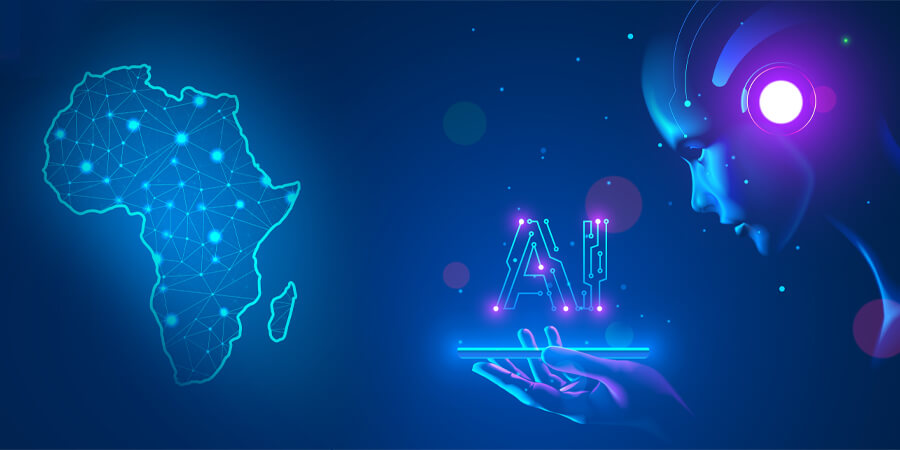
Artificial intelligence (AI) is rapidly becoming a part of our everyday lives. From the moment we wake up to the moment we go to sleep, we are surrounded by AI-powered devices and services. While AI has the potential to improve our lives in many ways, it also has the potential to harm us if it is not used responsibly.
One of the biggest concerns about AI is the potential for bias. AI systems are trained on data, and if that data is biased, the AI system will be biased as well. For example, if an AI system is trained on a dataset of resumes that is mostly from men, the system is more likely to recommend men for jobs. This is just one example of how AI bias can harm individuals and society.
How Companies and Individuals Can Use AI to Harm Society
There are many ways that companies and individuals can use AI to harm society. Here are a few examples:
- Discrimination: AI systems can be used to discriminate against people based on their race, gender, sexual orientation, or other protected characteristics. For example, an AI system could be used to deny loans to people of color or to target ads for certain products to women.
- Manipulation: AI systems can be used to manipulate people into making decisions that are not in their best interests. For example, an AI system could be used to target people with fake news or to create deepfakes that could be used to damage someone’s reputation.
- Surveillance: AI systems can be used to track and monitor people’s activities. This information could then be used to target people with advertising, to predict their behavior, or to even control them.
How Africa Business and IT Professionals Should Brace Themselves for AI
Africa is one of the fastest-growing regions in the world, and AI is poised to play a major role in its future. However, in order to reap the benefits of AI, African businesses and IT professionals need to be aware of the potential risks and take steps to mitigate them.
Here are a few things that African businesses and IT professionals can do to brace themselves for AI:
- Educate themselves about AI: The first step is to educate yourself about AI. This includes understanding how AI works, the potential benefits and risks of AI, and the ethical considerations involved in using AI.
- Build a diverse workforce: A diverse workforce is less likely to be biased, which is important for the development and use of AI.
- Develop ethical guidelines for AI use: Develop ethical guidelines for the use of AI in your organization. These guidelines should address issues such as privacy, discrimination, and manipulation.
- Monitor AI systems for bias: Once you have deployed AI systems, it is important to monitor them for bias. This can be done by collecting data on the outputs of the systems and looking for patterns that suggest bias.
- Be transparent about AI use: Be transparent about how you are using AI in your organization. This will help to build trust with your customers and employees.
By taking these steps, African businesses and IT professionals can help to ensure that AI is used in a responsible and ethical way. This will help to ensure that AI benefits all of society, not just a select few.
By Emmanuel Gbeve (AI Ethicist & CTO – AIDEC Digital)





 /home/afripjzx/technewsglobal.net/wp-content/themes/foxiz/templates/popup.php on line 167
/home/afripjzx/technewsglobal.net/wp-content/themes/foxiz/templates/popup.php on line 167